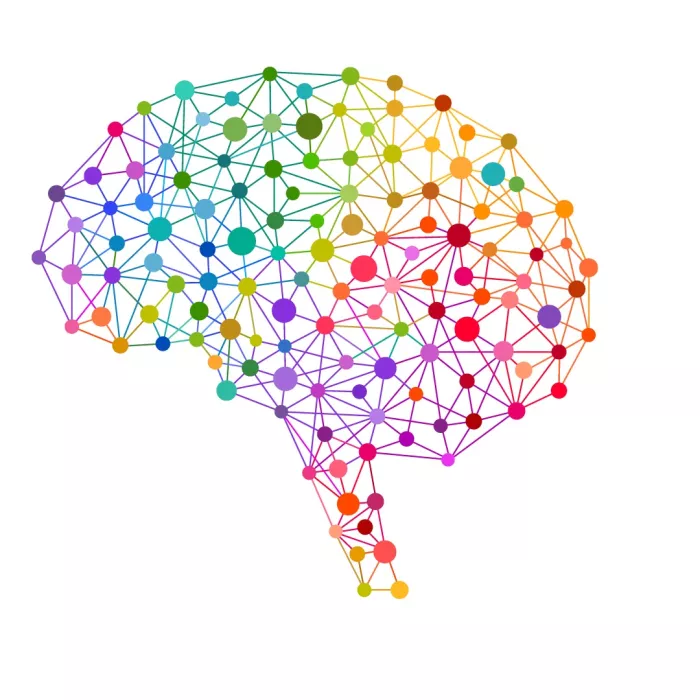
Language and thought in humans and machines

- research
I seek to understand how humans understand and produce language, and how language relates to, and works together with, the rest of human cognition. I will discuss the ‘core’ language network, which includes left-hemisphere frontal and temporal areas, and show that this network is ubiquitously engaged during language processing across input and output modalities, strongly interconnected, and causally important for language. This language network plausibly stores language knowledge and supports linguistic computations related to accessing words and constructions from memory and combining them to interpret (decode) or generate (encode) linguistic messages. Importantly, the language network is sharply distinct from higher-level systems of knowledge and reasoning. First, the language areas show little neural activity when individuals solve math problems, infer patterns from data, or reason about others’ minds. And second, some individuals with severe aphasia lose the ability to understand and produce language but can still do math, play chess, and reason about the world. Thus, language does not appear to be necessary for thinking and reasoning. Human thinking instead relies on several brain systems, including the network that supports social reasoning and the network that supports abstract formal reasoning and fluid intelligence. These systems are sometimes engaged when we use language in the real world—and thus have to work with the language system—but are not language-selective. Many exciting questions remain about the representations and computations in the systems of thought and about how the language system interacts with these higher-level systems. Furthermore, the sharp separation between language and thought in the human brain may have implications for how we think about this relationship in the context of AI models, and for what we can expect from neural network models trained solely on linguistic input with the next-word prediction objective.